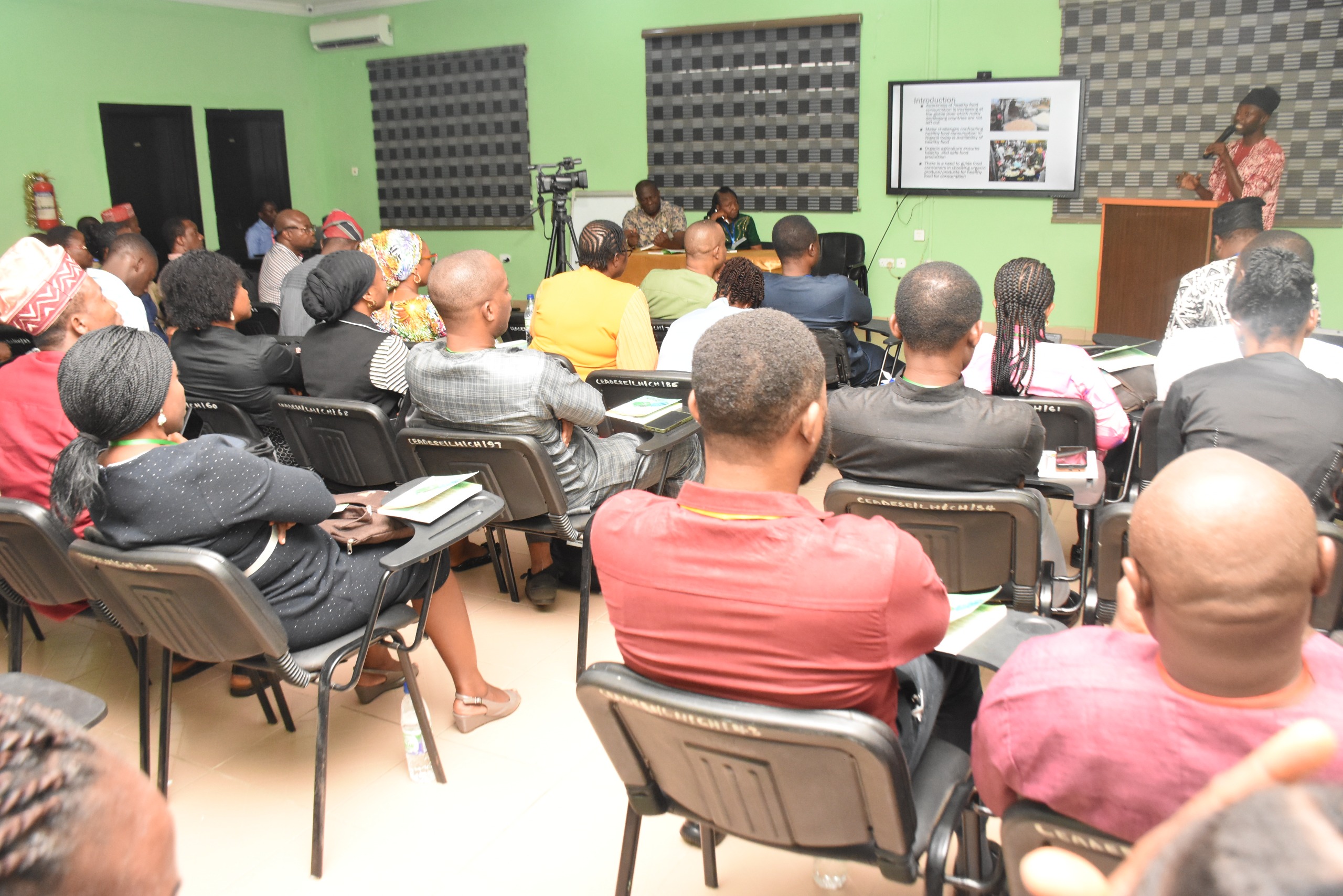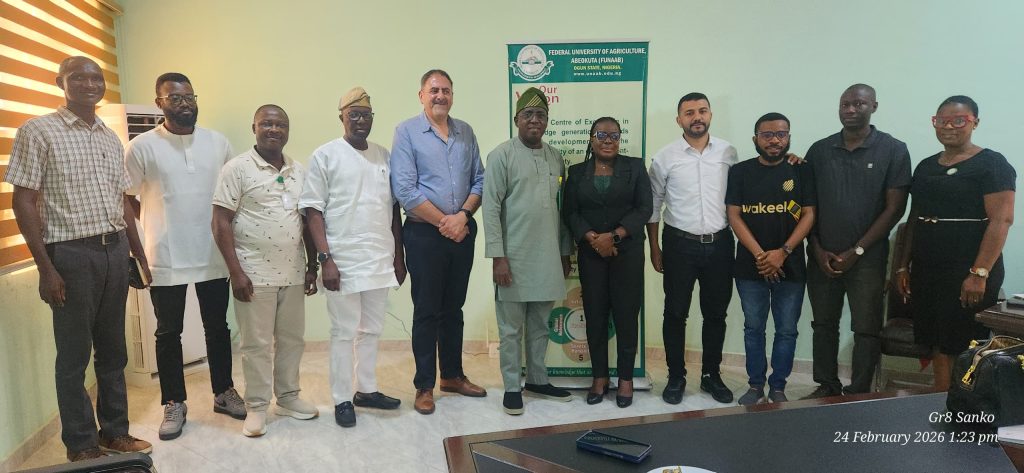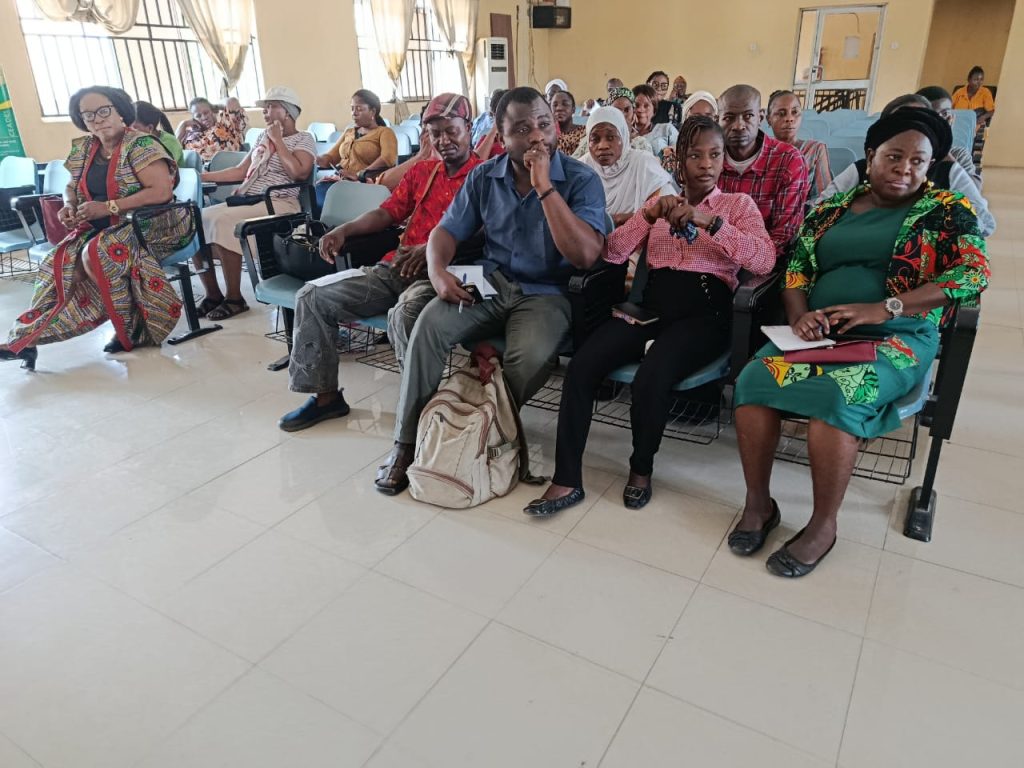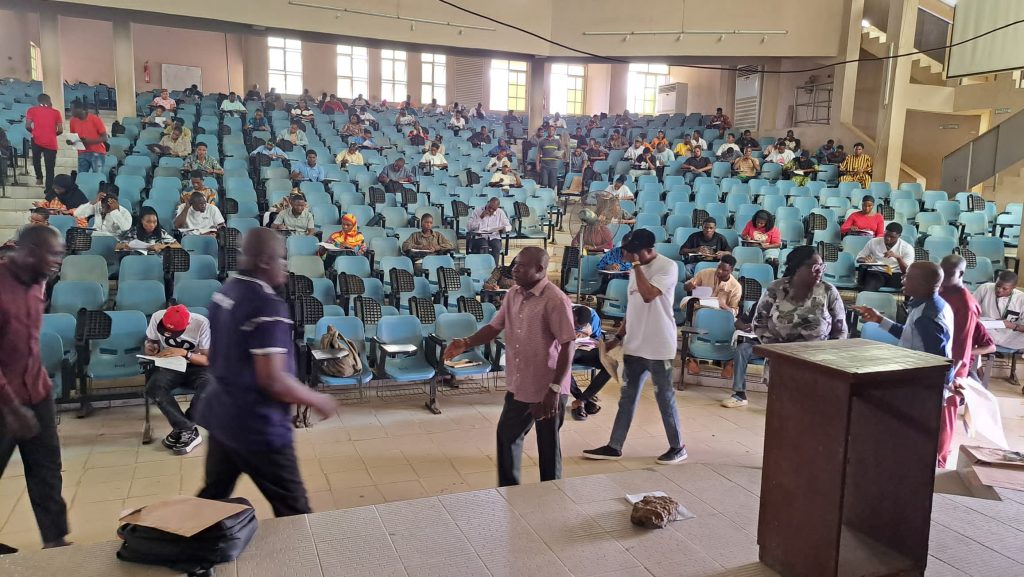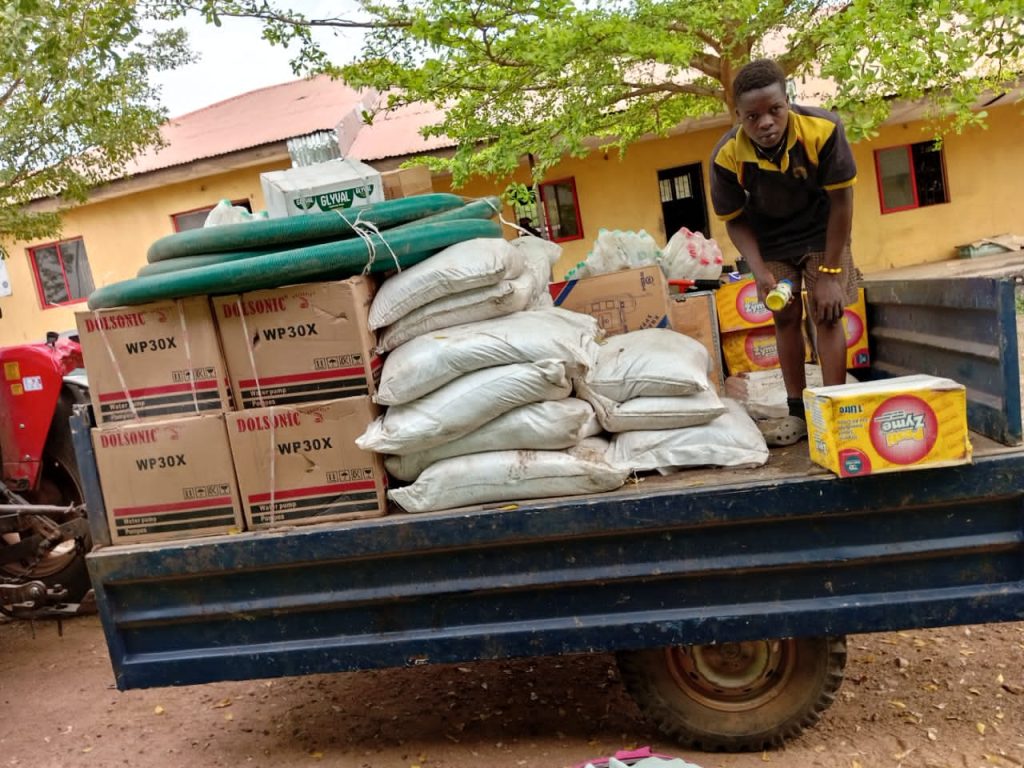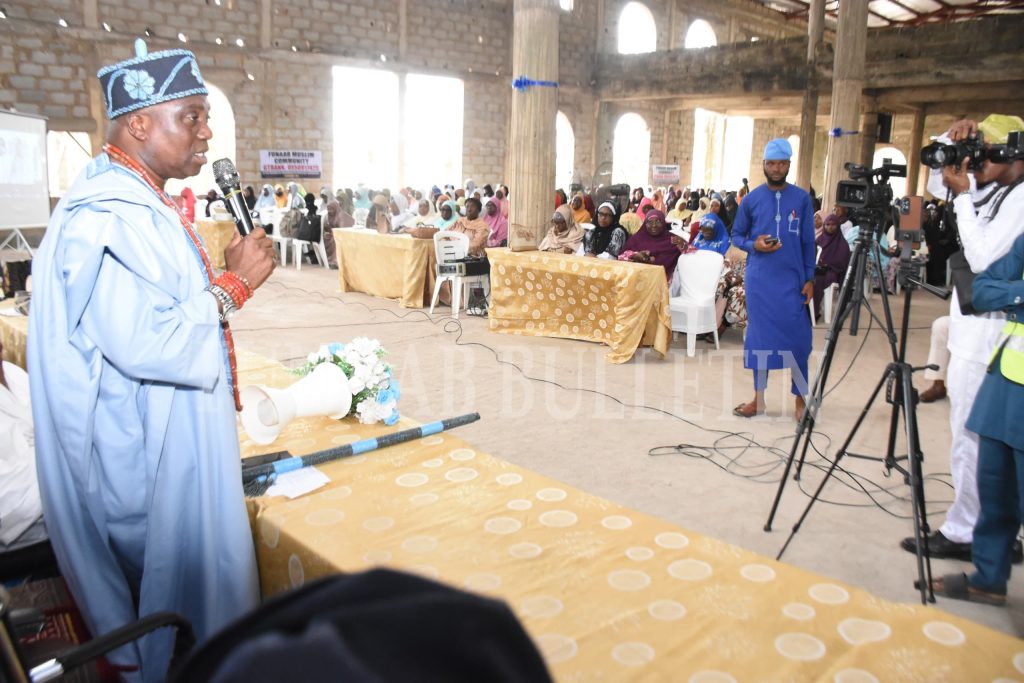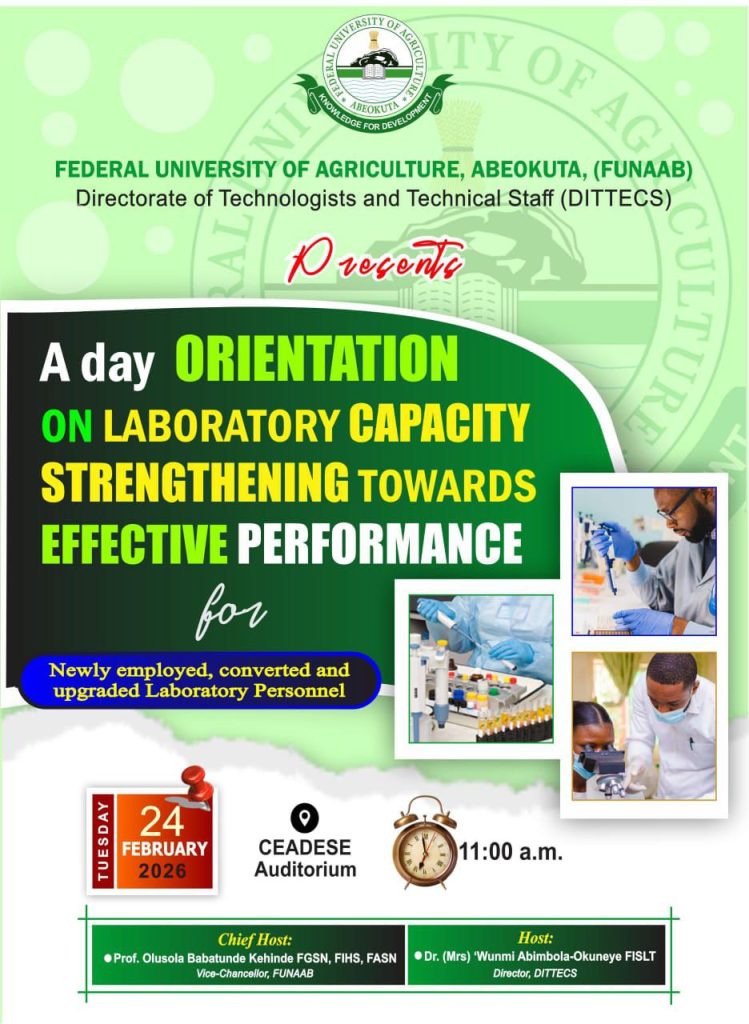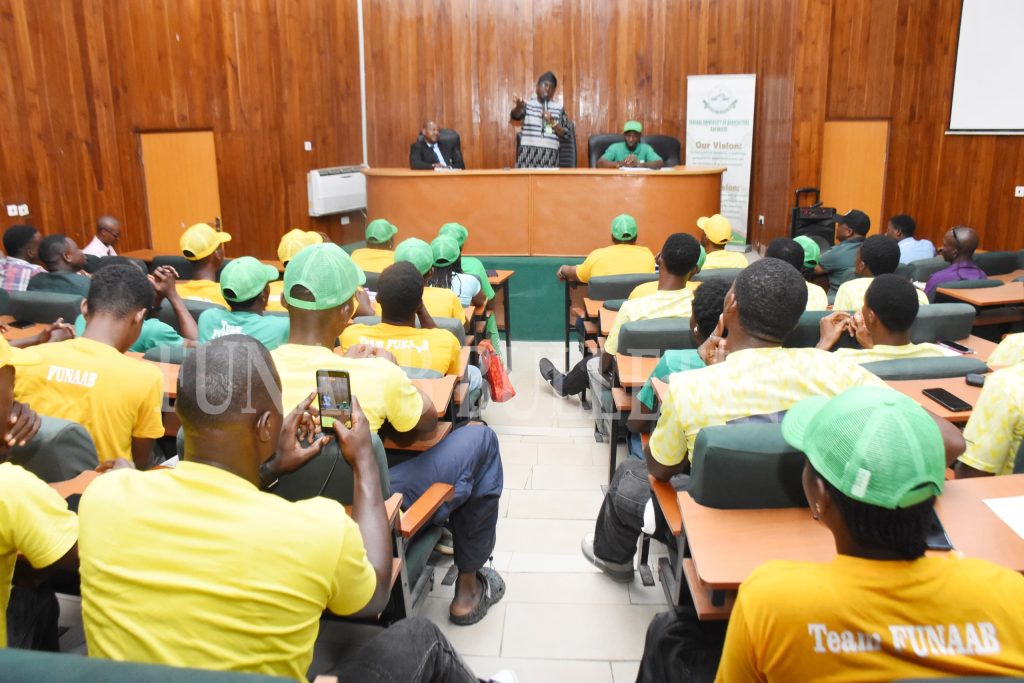Last Updated on September 24, 2025 by Olasunkanmi Olajide
By Aduragbemi Oke
The Federal University of Agriculture, Abeokuta (FUNAAB), has continued to set the pace in advancing agricultural innovation and food security as it hosted the second day of the 2025 Humboldt Kolleg Conference, today, September 23, 2025. The day’s sessions brought together renowned experts who called for urgent reforms in Nigeria’s agricultural sector, emphasising the adoption of organic farming and policy realignments as pathways to sustainable growth and healthier livelihoods.
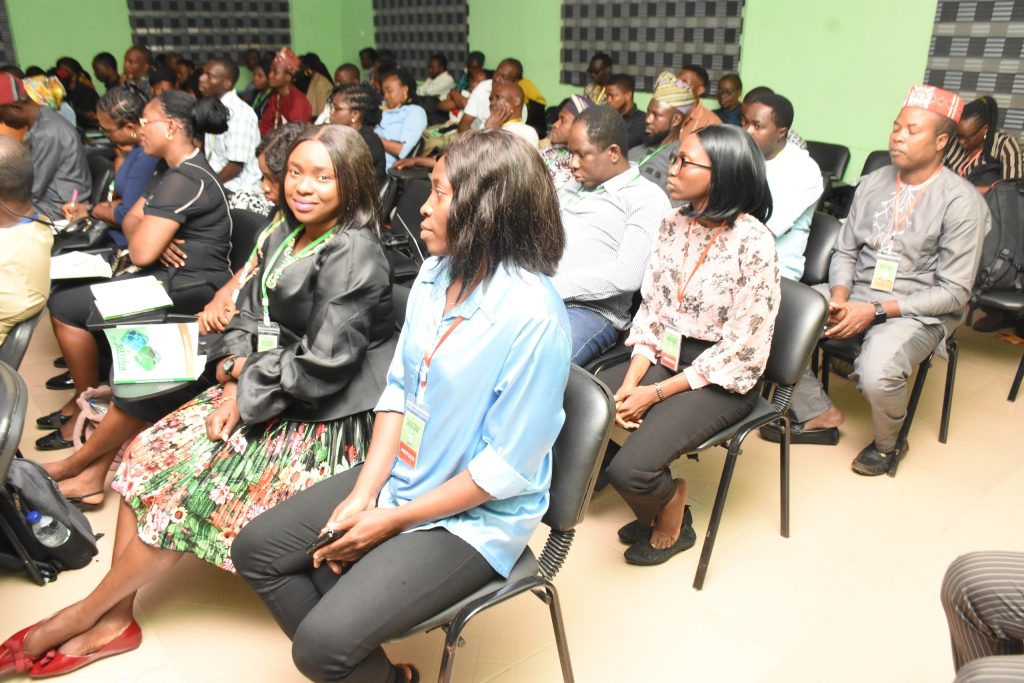
Delivering the Keynote Lecture, Prof. Olugbenga Adeoluwa of the University of Ibadan (UI), urged Nigerians to embrace organic agriculture as a healthier and more sustainable alternative to chemical-based farming. Sharing his personal journey since 2006, he cautioned against the dangers of excessive pesticide use and synthetic fertilisers, which, he said, have compromised food safety and contributed to rising health challenges such as cancer. He highlighted the benefits of organic food in reducing health risks, improving gut health, and strengthening immunity, while encouraging Nigerians to seek certified organic produce, consume local and seasonal foods, and cultivate home-grown vegetables.
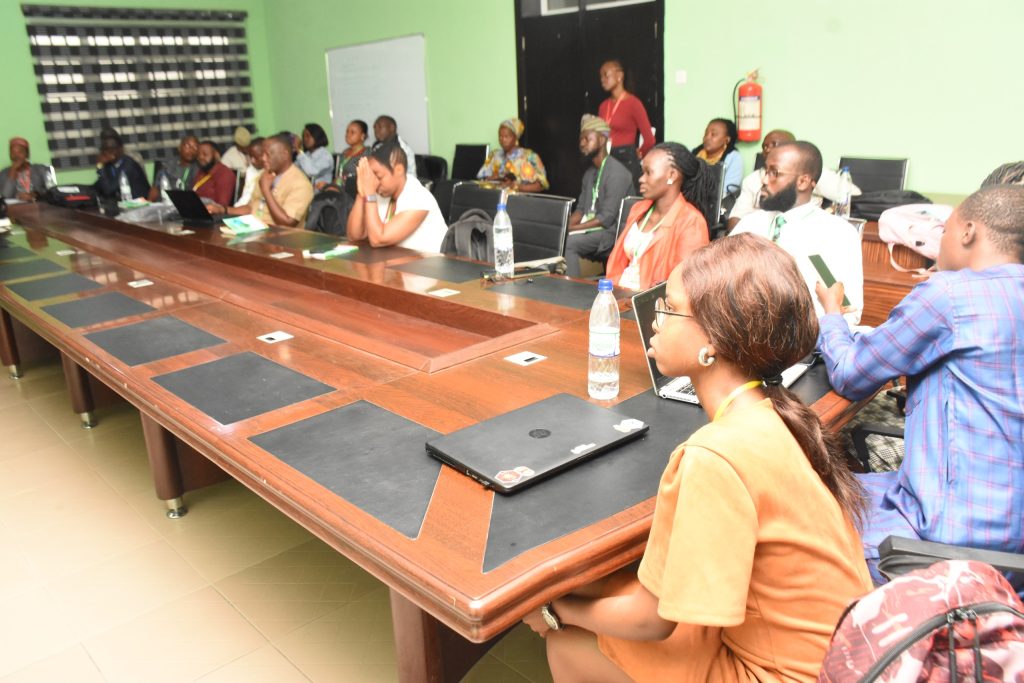
In his presentation, Prof. Adebayo Shittu of FUNAAB examined Nigeria’s agricultural policies, acknowledging past achievements in food security and poverty reduction but stressing the urgent need for reforms. He pointed out that weak implementation, poor stakeholder engagement, inadequate infrastructure, and low adoption of technology had undermined policy effectiveness. Drawing lessons from history, he recommended stronger local ownership, institutionalised monitoring, stakeholder inclusion, and the integration of innovation and technology to reposition agriculture as a driver of sustainable development.
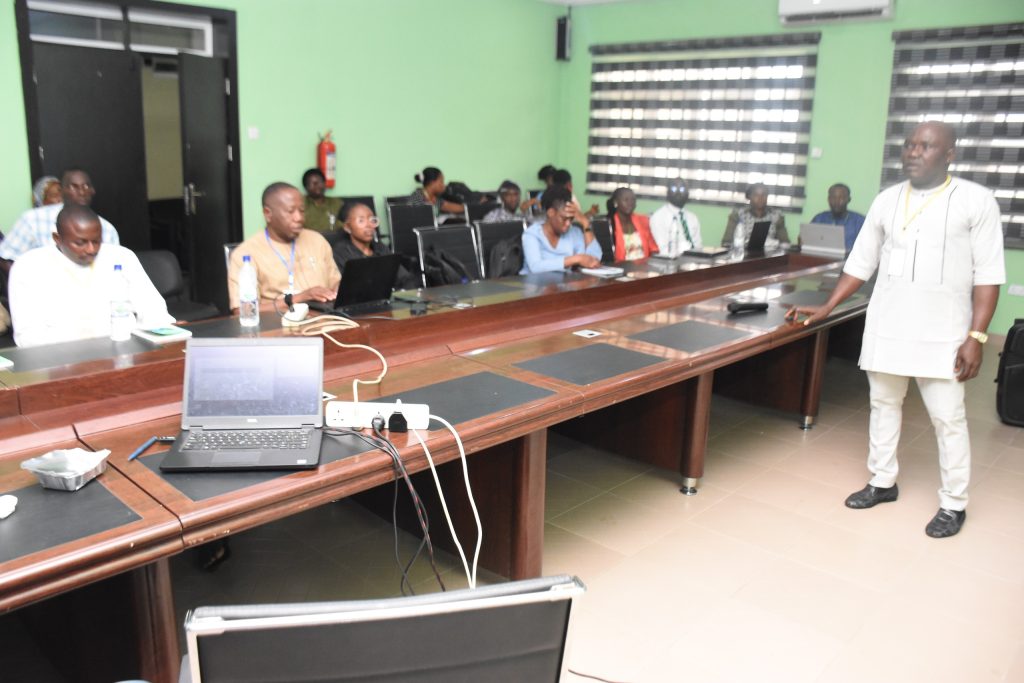
The afternoon session shifted focus to post-harvest management, with three experts sharing innovative approaches to improve efficiency, sustainability, and food security.
Speaking on post-harvest management, Mr. Samuel Kwasari underscored the transformative potential of artificial intelligence and machine learning in strengthening agribusiness systems and addressing post-harvest challenges under the theme “AI for Good.” In the same vein, Prof. Omotayo Aregbesola emphasised the role of green energy in sustainable food production, describing renewable energy as a cost-effective, eco-friendly solution to reduce waste and enhance food security. Complementing these perspectives, Dr. Samson Okunade, Director of Research Operations at the Nigerian Stored Products Research Institute (NSPRI), Ilorin, presented research-driven innovations in post-harvest storage systems, stressing the need to safeguard harvests and ensure farmers obtain greater value from their produce.
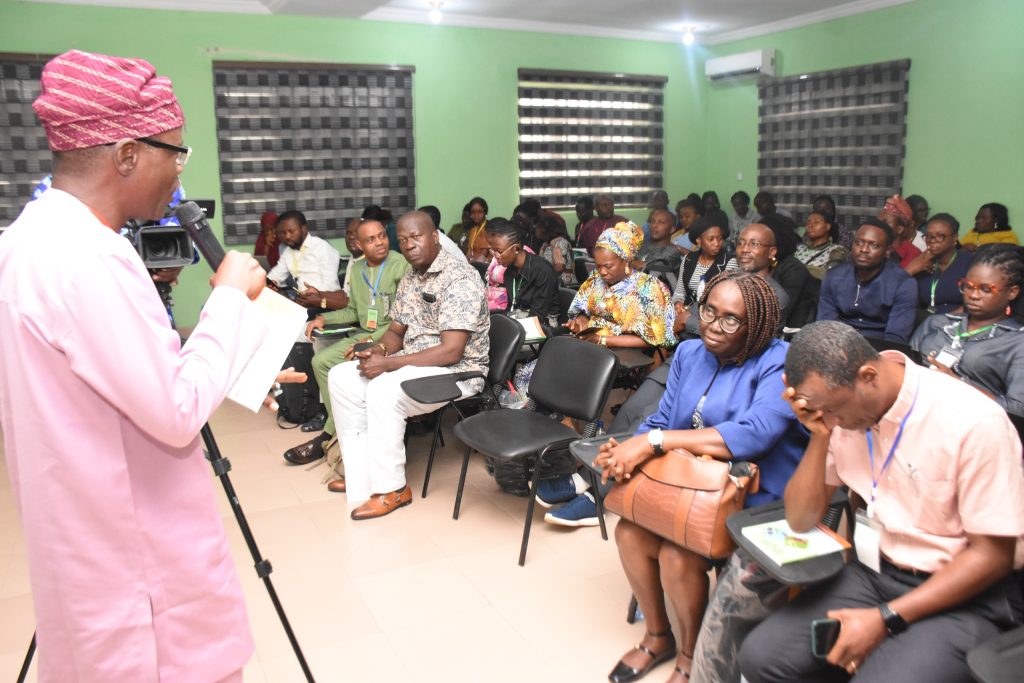
Collectively, the discussions emphasised that organic farming, policy reforms, technological innovation, green energy, and improved post-harvest management are critical to building a resilient agricultural future for Nigeria.
Author
-
Mr. Olajide is a seasoned professional with over a decade of expertise in the fields of Public Relations, Media and Communications. He currently holds the position of Assistant Director, Media.
View all posts

